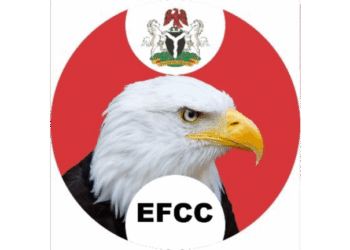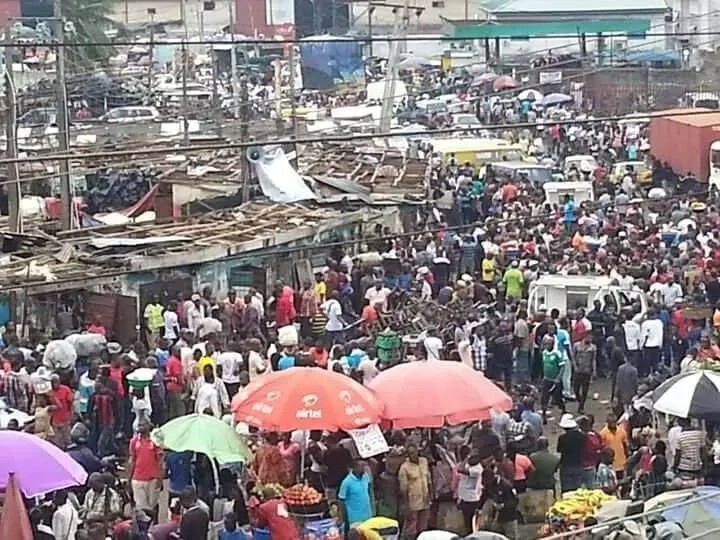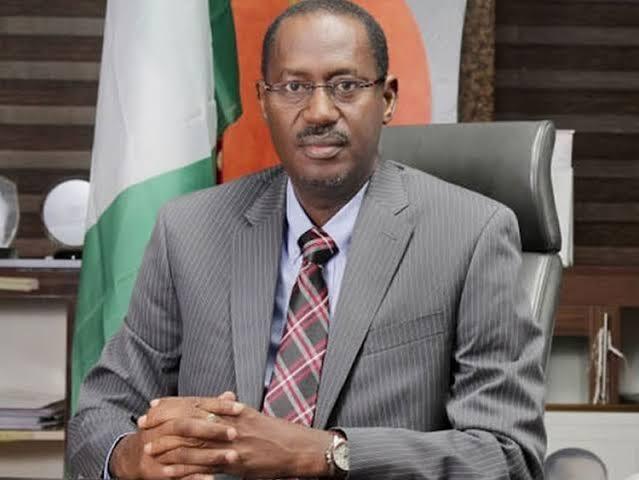FCT Minister, Nyesom Wike during his visit to Gishiri community in Abuja
FCT Minister, Nyesom Wike during his visit to Gishiri community in Abuja
The Minister of the Federal Capital Territory (FCT), Mr Nyesom Wike, has given the officials of the Federal Capital Development Authority (FCDA) one week, to allocate land for resettlement of victims of demolition in Gishiri village.
It would be recalled that 455 houses and structures were demolished in the village at Katampe District, Abuja, to make way for a road project.
Wike gave the order when he visited the community on Wednesday, to resolve the disagreement between the community members and the FCDA over the payment of compensation and relocation of the victims.
The News Agency of Nigeria (NAN) reports that the problem began when the community members accused FCDA officials of giving them a swampy area to resettle, different from the one the minister approved.
The community members, during a meeting with Wike on Monday, also complained that the amount being given to some of the affected persons as compensation was grossly inadequate.
To address the issue, the minister promised to visit the area to see things for himself.
On arriving at the community on Wednesday, Wike asked the FCT Administration Director of Land, Mr Chijioke Nwankwoeze about the land set aside for the relocation of the affected persons.
Nwankwoeze explained that there were two areas, one, a 12-hectare land with 58 plots around Hope for Survival Orphanage.
He added that the second resettlement site was 1.7-hectare with five plots, located behind Local Education Authority Primary School in the community.
He said that the land had not been allocated to the victims because they wanted the minister to see the areas first.
“We felt you will need to see the place first before we start allocating the land to them.
“We will merge the plots and design them into plots before we will give them,” he said.
The director, however, said that no area was completely free in the resettlement site location around Hope for Survival Orphanage.
He explained that the area was demolished a long time ago, adding that people applied for building plans and began developing the area haphazardly.
But Wike interjected the director, saying, “I don’t agree with you, and this should be the last time I will hear this complaint.
“I give you people one week. Go and allocate the land to the affected persons. If it is not enough, we will find another alternative.
“All this grammar, grammar, grammar, I don’t want to hear it.”
The minister also asked the Director, Resettlement and Compensation, Mr Nasiru Suleiman about the compensation payment to the victims.
Suleiman explained that payment has not begun, adding that it would commence when the land had been given to the victims.
Reacting, Wike directed the director to commence the payment and urged the community leaders to collect the money, or he would not give them the land
“If you don’t take the money, I will not give you the land again.
“Go and collect the money so that when you get the land, you will start developing it,” he said.
The News Agency of Nigeria (NAN) reports that the FCT Administration had earlier provided N655 million for payment of compensation to the affected persons, based on approved valuation rates.
Considering the current economy situation in the country Wike increased the amount to N1.3 billion.
This means that every affected person would get double of what was initially earmarked for him or her. (NAN)











